Ability vs. Maturity: It’s a Big Deal
Gifted kids are often asynchronous.
Basically, that’s a fancy way of saying that a lot of the time, their brains are too big for their britches. Their intellectual, emotional and physical development happen at different rates.
For example, in my home asynchrony looks like this:
Bug will pick up a book from the bookshelf and sit down to read it. The reading level is appropriate for him, but the content is too much for him emotionally. The book leaves him in tears, with more questions than answers.
Or-
Bug will sit down to do math- the questions themselves are an appropriate level of difficulty. He likes the challenge, but the spaces to write in are much too small. Instead of being able to simply do his math, now the problems need copied onto another piece of paper (which I need to do for him) so he can do them in his large, sometimes messy barely-seven-year-old handwriting.
These things may seem like small issues, but they come up again and again. He doesn’t have the hand strength to work the tools he wants to use to build something. He can’t handle the mature themes. It can be disheartening to a kid who just wants to DO it. He knows how, he understands the process, but his body just isn’t keeping up with it.
I had an epiphany a few months ago- that this ability vs. maturity question is about more than simply asynchrony.
It’s about childhood.
This kiddo is seven. I know he is capable of advanced school work. I know craves the challenge, but there needs to be a balance here between letting him work at the level of his heart. I look at him, and sometimes forget that if he was in a public school, he would have just finished the first grade.
The First Grade.
It’s easy to forget when none of our school books say grade 1 on them, and we don’t spend much time around other kids at this level. In the school here, these kids are new readers. They just mastered their addition facts. They still celebrate all the holidays and do crafts and school is still a whole lot of playtime.
So why then, should we not be doing crafts and celebrating holidays too?
I spent a lot of the last year struggling with Bug to meet his constantly changing needs, and working with his asynchrony, and trying to keep him challenged. I am proud of the progress he has made. I am proud of his achievements, and to be honest, I am proud of his advanced academics.
But I don’t want all of that to come at the cost of his childhood.
He can still learn and play and build without a curriculum.
He can still solve problems and create challenges for himself, without me assigning them.
He can still read advanced books without trying to tackle mature themes (okay, this one is a bit more of a struggle- if you know of a book list for young, advanced readers, pass me a message!).
He can still be a gifted kid, and just be a kid.
I am trying to be more purposeful this year to include the magic of childhood in our school day. I am trying to remember his age, and his emotional and physical maturity when looking for materials for him. Challenges can be found everywhere. As long as I provide him with good books, and materials to explore, he’ll still be learning. We are spending more time outside, more time imagining, and more time playing…. And less time working.
There is plenty of time for that later.
This post is part of the Parenting the Gifted Blog Tour- Read the rest of the tour here:

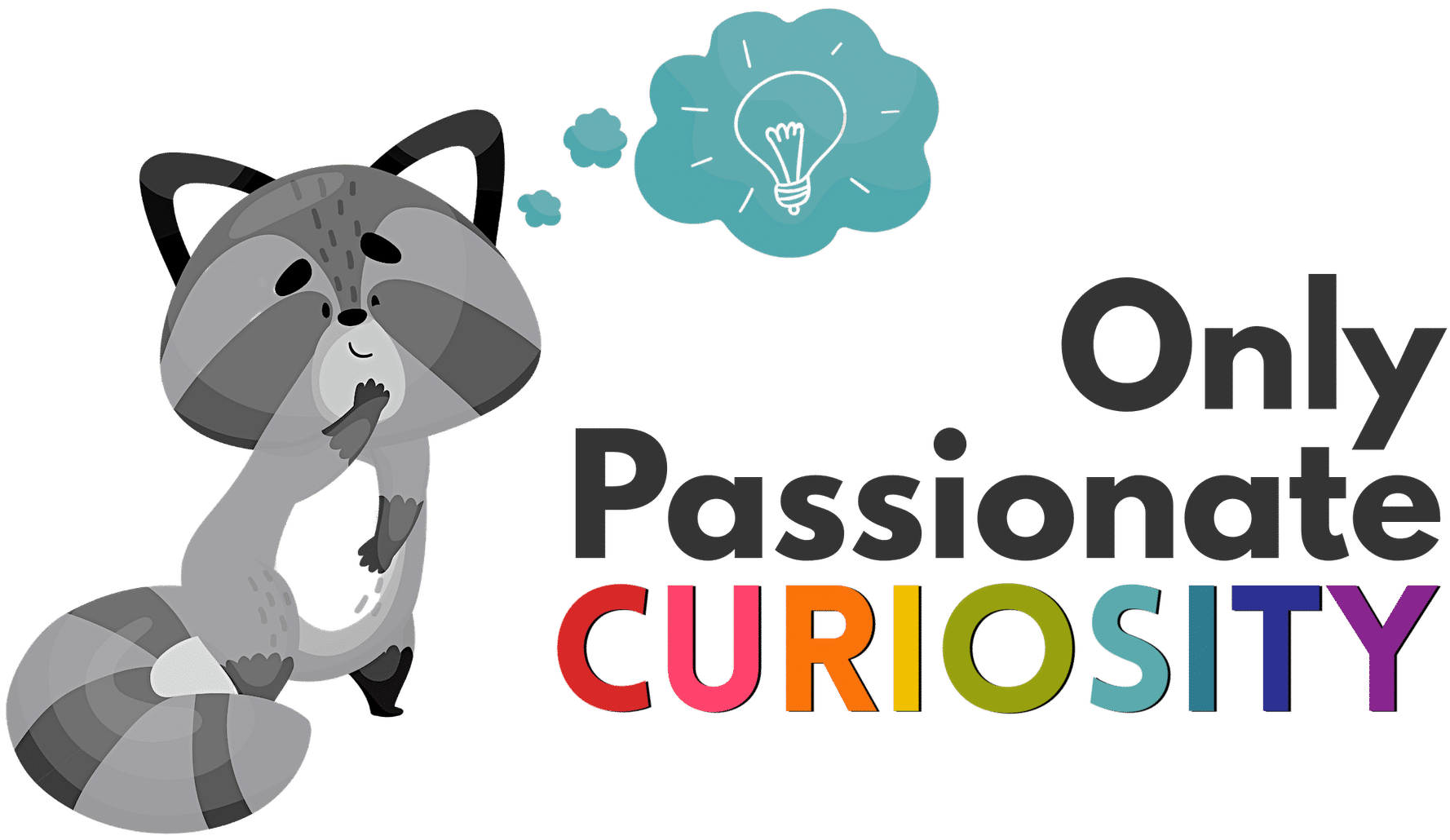

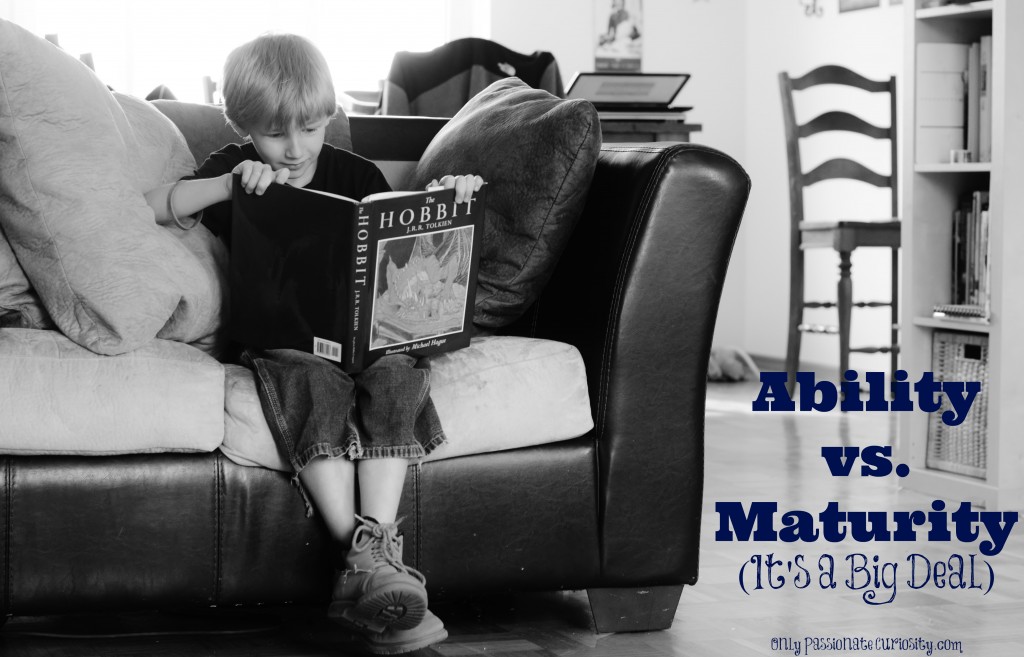
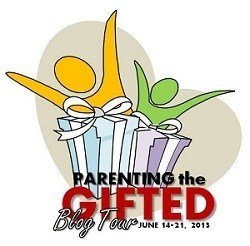

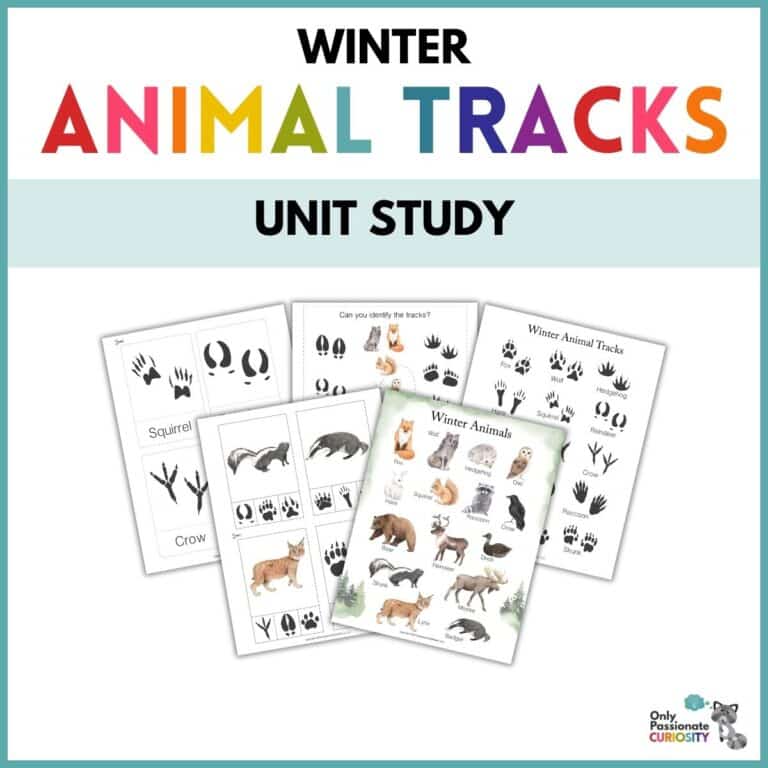
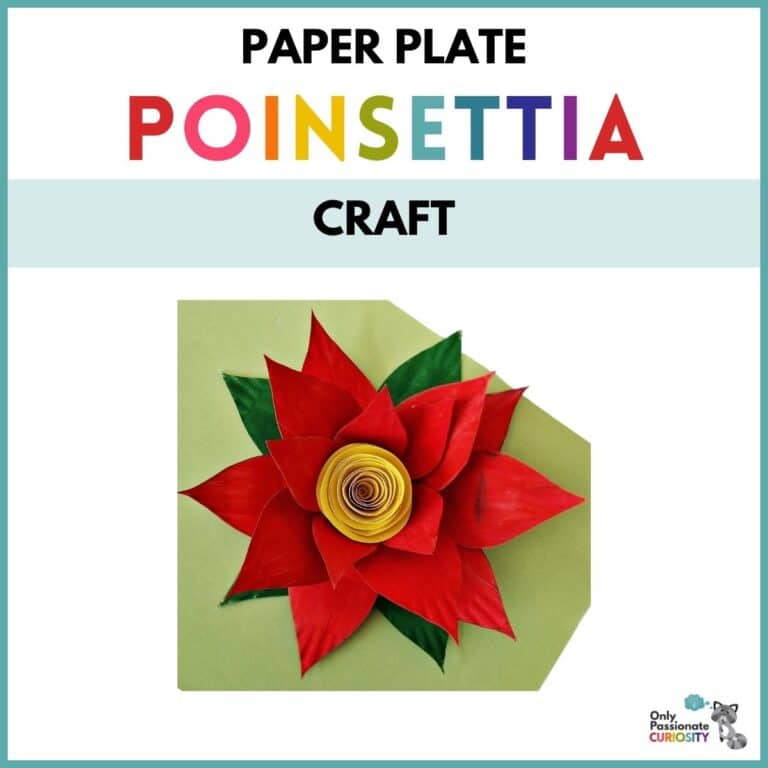
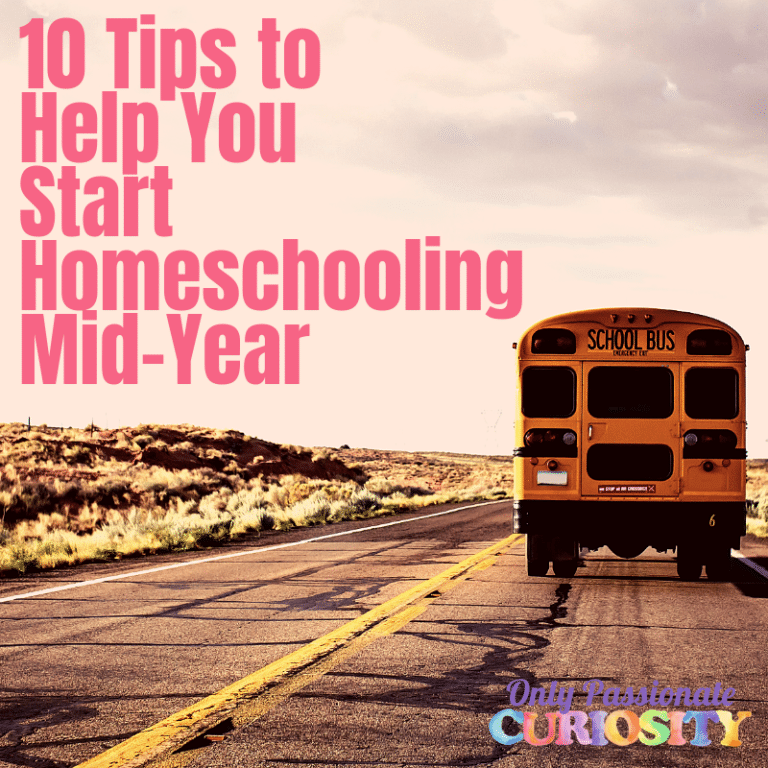
I am going to be starting to homeschool my 7 year old son this coming year. Your post sounds just like him. He reads at an 8th grade level. But most of those books don’t have appropriate content for him. It is so hard to find good books for a younger advanced reader.
Tiffany, above, mentioned Trail Guide to Learning. I am planning on using that, so I hope it has some good reading in it.
I appreciate your reminder that beyond their giftedness, they are still just kids. And they need “kid” time too.
My son has the exact same issues- he’s very advanced for just-turned seven. He reads lots and lots of non-fiction, but he also really enjoys the Classic Starts versions of the classic stories. Most of the original phrasing/story is still there, but honestly, most of what they take out is either mind-numbing description (to a little kid with a shorter attention span) or the “scary” part…. Try Swiss Family Robinson- my son has read it about 20 times already, Around the World in 80 Days, or Tom Sawyer. Also, he loves the Geronimo Stilton chapter books- nothing too emotionally heavy, but a fun adventure story for a very advanced younger reader. Also as part of our curriculum (Trail to Learning Paths of Exploration) my son is reading ‘The Adventures of Mumford’ which is about a drop of water who meets and explores with famous historical characters- the one we’re reading is about Mumford going west with Lewis and Clark. He won’t put it down! If anyone else has ideas, I’d love to hear them!!
I also have a very math interested child. She does quite well with other subjects as well for her age, but yeah, it’s the maths she’s totally into at the moment. We think it’s super cute that she can skip count and highly encourage memorization in this area.
Deborah
The Paper Maid
If she likes it, then I see no reason NOT to cover as much ground as you can while it’s still fun! 😉 That’s why we are teaching cursive now- he currently thinks it’s “cool”
Connor is really liking the Encyclopedia Brown series – they are mysteries, which holds his attention, but don’t contain anything too mature.
I’ll have to check those out! 🙂
I LOVE this post! I am a BRAND new Homeschooler with a 5 year old that LOVES math; so much that he loves doing multiplication and division! What?!? While my mind was looking for all the subjects that were going to continue the challenge, my heart was saying “whoa! won’t he LOVE being really good at something?” So I chose Grade 1 appropriate curriculum with a math program that can go at his pace.
Your post just confirmed that I made the right choice. Thank you SO much for that. And do I think it was a coincidence that this post came today? Nope!
Math is one of those things- Bug just eats it up too! We went through a bunch of programs before we found one that really stuck with him and he found the right “challenge point”! Good luck with your little dude!
Beautifully said! Another thought supporting the importance of all of the arts and crafts stuff, is that it helps build fine motor skills that help improve handwriting. It’s hard because sometimes an advanced seven year old doesn’t want to be cutting out a construction paper turkey. But working with those scissors could be exactly what the kid needs, even though he’s also capable of practically memorizing SOTW on audio, while he cuts that turkey out!
Hi Heather, One idea for young, advanced readers is to have them read books written for children a long time ago. They tend to be written in a more advanced language than we use now. The Robinson Curriculum is like that, but I’m sure there are others. Another idea if the interest is nonfiction – say ants – let him check out books from the library that are not for children and will have more info than he could digest, but there would also be something there he could digest and he would see how much more there is to the topic than what may be presented in children’s books on the same topic. Just some thoughts.
Non-Fiction is a HUGE hit with him! Great ideas. I’ve never heard of the Robinson Curriculum, I’ll need to google it! Thanks for the tip 🙂